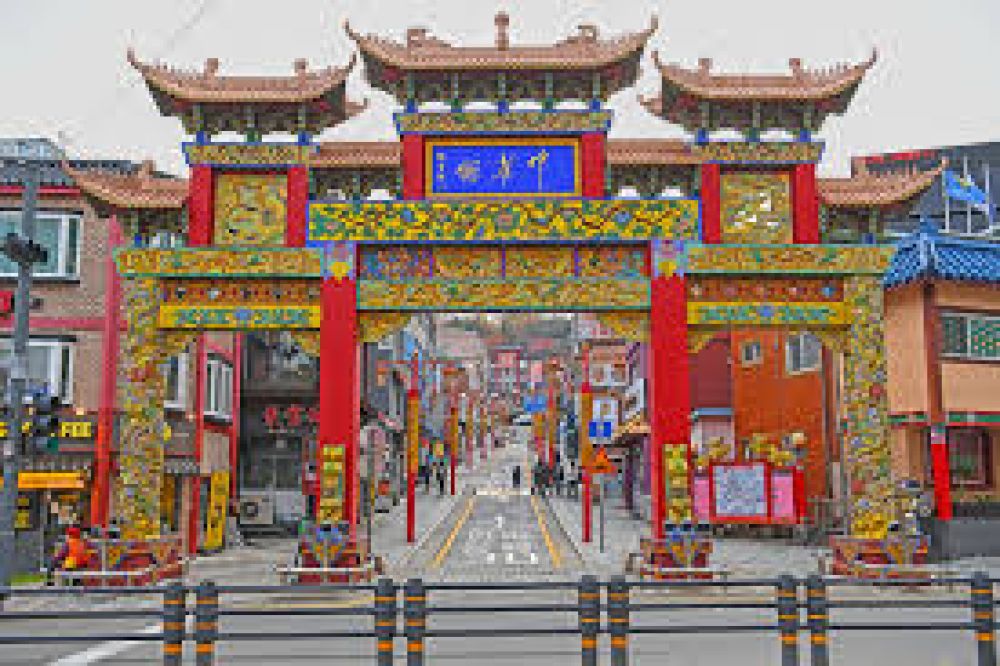

Incheon Chinatown, located in Incheon, South Korea, represents a fundamental and historic part of the city's multicultural landscape. Established in the late 19th century, this vibrant neighborhood has become one of the nation's major tourist attractions, offering a unique blend of Korean and Chinese culture.
The origins of Incheon Chinatown can be traced back to the year 1883. It was when the port of Incheon (then called Jemulpo) was opened for international trade, that Chinese merchants from Shandong Province first settled in the area. The opening of the Chinese Consulate in 1884 further cemented the area's status as a Chinese enclave.
Over the years, Incheon Chinatown grew in both size and influence. The region prospered as a hub of commerce and trade. This growth continued through the annexation of Korea by Japan in 1910 until the end of World War II. During the Korean War, many ethnic Koreans from China settled in the Chinatown, further expanding its culture and population.
In the post-war era, Incheon Chinatown experienced a gradual decline. The new political dynamics and the rise of modern trade practices led to many traditional businesses shutting down. By the late 20th century, the area was no longer the vibrant commercial hub it once was, though the unique architecture and cultural heritage remained.
A significant turning point for Incheon Chinatown came in the early 21st century. The local government, recognizing the historical and cultural significance of the area, initiated efforts to revitalize Chinatown. Restorations of historic buildings and the introduction of cultural festivals brought new life to the area.
Today, Incheon Chinatown is a bustling tourist destination. Visitors come to explore its cultural heritage sites, such as the Jjajangmyeon Museum, dedicated to the popular Korean-Chinese noodle dish, and the Freedom Park, which offers hints of colonial history and stunning views of Incheon.
Another trend in modern Incheon Chinatown tourism is the focus on culinary experiences. The area is famous for its authentic Chinese cuisine, with a Korean twist, which attract food enthusiasts from around the world. The recent rise in popularity of Korean culture globally has also increased international interest in places like Incheon Chinatown.
The future of tourism in Incheon Chinatown looks promising. With the aim to be a multicultural space where various cultures coexist, the area continues to evolve, offering a mixture of historical tours, cultural events, and an ever-growing array of restaurants and street food options. Incheon Chinatown stands as a testament to Korea's rich history of international trade and the benefits of cultural exchange.
As a destination, Incheon Chinatown is expanding its appeal through cultural programs and events like the Incheon Chinatown Festival. This, alongside its historical significance and modern developments, cements its place as a must-visit location for those interested in the confluence of Korean and Chinese cultures.